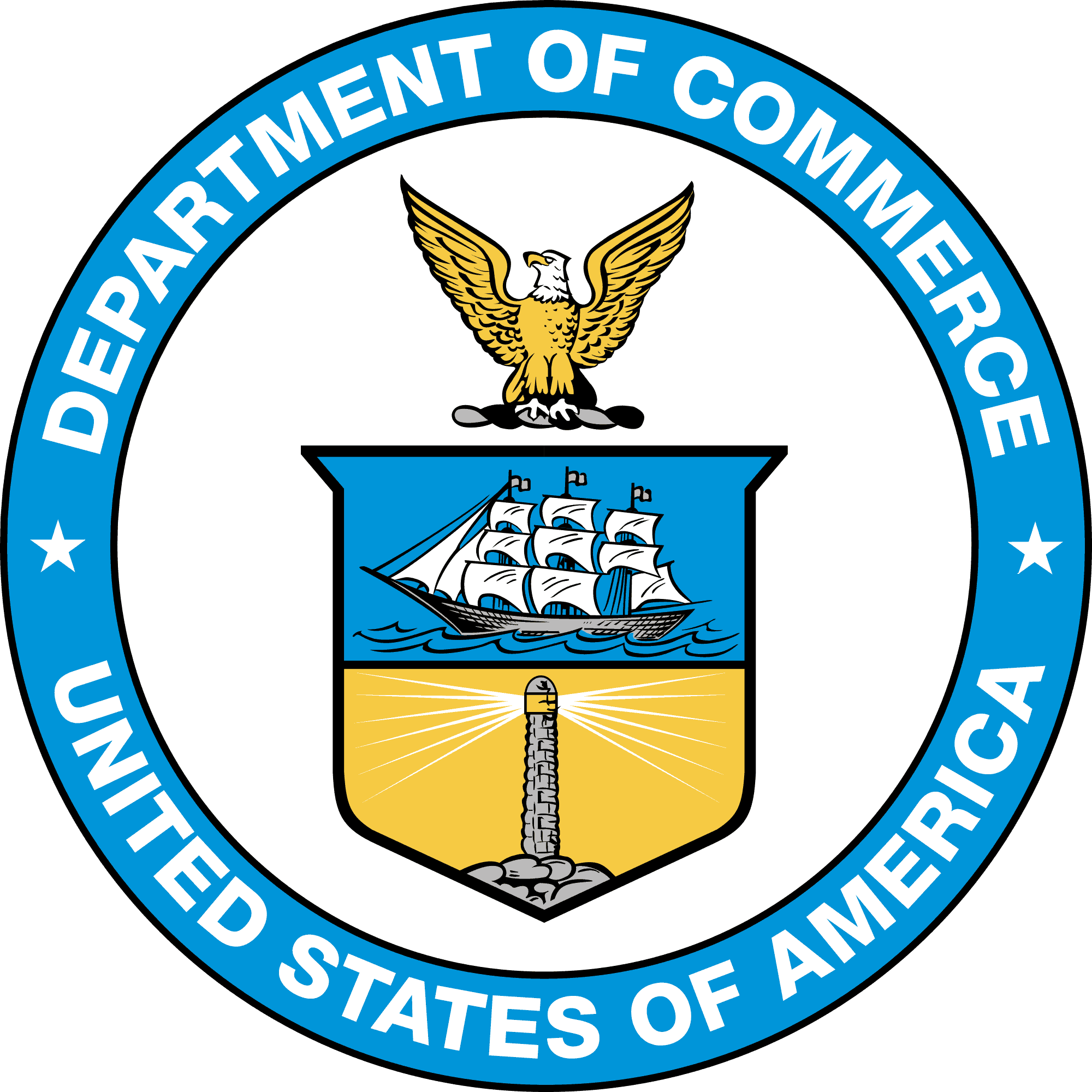Tariffs Invite Corruption

 The Commerce Department is offering exemptions to President Trump’s recent steel and aluminum tariffs. More than 2,000 companies have applied. That means that there are Commerce Department employees with the power to decide, in some cases, whether a company can continue to exist. Even if there is no existential threat to a company, a bureaucrat’s discretion could decide whether or not a company will be able to retain all of its workers, keep prices low, make a profit or a loss, or remain competitive at home and abroad.
The Commerce Department is offering exemptions to President Trump’s recent steel and aluminum tariffs. More than 2,000 companies have applied. That means that there are Commerce Department employees with the power to decide, in some cases, whether a company can continue to exist. Even if there is no existential threat to a company, a bureaucrat’s discretion could decide whether or not a company will be able to retain all of its workers, keep prices low, make a profit or a loss, or remain competitive at home and abroad.
Commerce Secretary Wilbur Ross is also refusing to disclose the process or criteria for granting the exemptions. Sens. Ron Johnson (R-WI) and Claire McCaskill (D-MO) have requested that Secretary Ross make these policies public; he has not responded. The senators are currently considering stronger measures to get Secretary Ross to follow basic transparency.
Secretary Ross’ reluctance is telling. What are the odds that newly-powerful Commerce Department employees will earn unreported income this year? The chances are well above zero. At the very least, Washington’s restaurant and entertainment industries will likely get extra business.
Tariffs create opportunities for corruption. The U.S. does well by global standards at keeping corruption in check, ranking 16th out of 180 countries in Transparency International’s 2017 Corruption Perceptions Index. But each new tariff creates corruption opportunities where there were none before. Even while tariffs are merely being considered, lobbyists are making the case any way they can for why a new tariff would help or harm their clients. After they take effect, if the government offers exemptions, it creates still more temptations for affected companies, not to mention the government employees with the power to approve or deny the exemptions.
Even with all the new tariffs the Trump administration has so far enacted, they likely will not play a factor in any change in America’s rankings in future editions of Transparency International’s index. If anything, it might actually improve America’s relative ranking, even if the absolute amount of corruption increases. That isn’t necessarily good news. That is because, as everyone but Peter Navarro predicted, other countries reacted to each of President Trump’s new tariffs with retaliatory tariffs of roughly the same magnitude.
Retaliatory tariffs are creating new corruption opportunities abroad. And in countries with less rigorous cultural and institutional corruption safeguards, corruption increases could be much higher than here in the United States. This risks harming the quality of governance even in allied countries—hardly a positive foreign policy gesture at a time when the U.S. is seeking allies for its other foreign policy objectives.
For more on how tariffs create new opportunities for corruption, read the new CEI study “Traders of the Lost Ark” here.